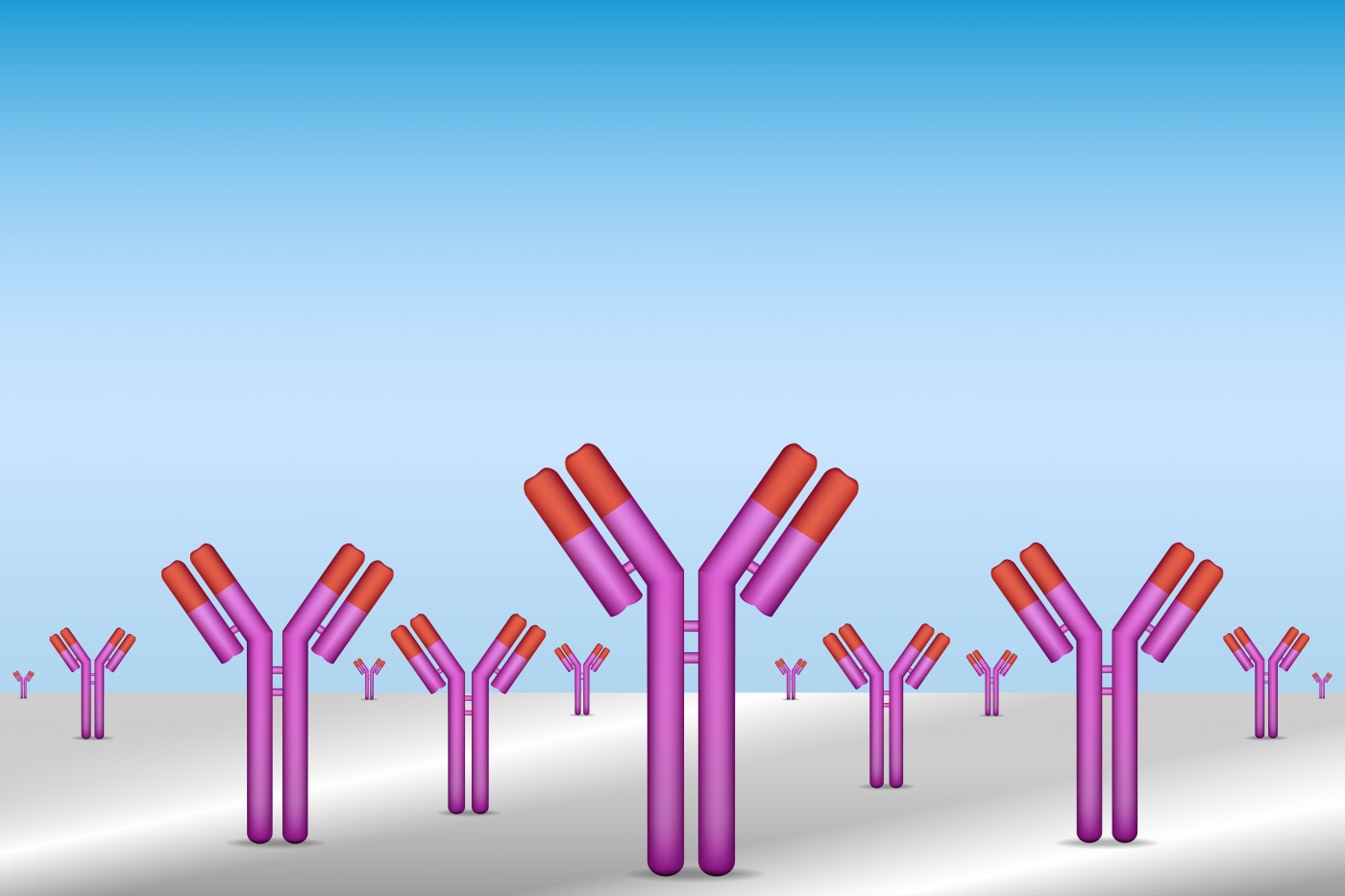British biotechnology company Immunocore Limited recently announced its leading product, IMCgp100, has been accepted to participate in the European Medicines Agency’s (EMA) Adaptive Pathways pilot.
IMCgp100 is the lead candidate in the ImmTACs platform technology, a class of biologic drugs based on the company’s proprietary T cell receptor (TCR) technology which have the potential to treat diseases with high unmet medical needs including cancer, viral infections and autoimmune diseases. ImmTACs are made of soluble receptors of immunological T cells (TCRs), or lymphocytes, that recognize diseased cells by some of the internal components that those cells present in their surface. Therefore, by identifying some features of the cell anatomy, T cell lymphocytes are able to selectively identify malignant cells. The main advantage of this technology, when compared to a normal immune T cell, is its ability to engineer TCRs and link them to an antibody fragment which activates a stronger immunological T cell response, identifying and destroying cancer cells.
The EMA’s selection of participating companies has been stringent, inviting only a short list of highly promising participants. Immunocore is now strategizing seeking conditional approval for IMCgp100 as a treatment of patients with metastatic uveal melanoma, a rare and fatal disease with few available treatment options. A conversion to full approval will depend on favorable findings from a Phase II clinical study in uveal melanoma with long-term follow-up data.
The Adaptive Pathways is an initiative that aims to reduce the time of approval of a specific drug by studying its impact within a very objective sample of patients and extrapolating the initial indications to a larger population.
The official EMA statement mentioned that “The concept of Adaptive Pathways foresees either an initial approval in a well-defined patient subgroup with a high medical need and subsequent widening of the indication to a larger patient population, or an early regulatory approval (e.g. conditional approval), which is prospectively planned, and where uncertainty is reduced through the collection of post-approval data on the medicine’s use in patients. This approach is particularly relevant for medicines with the potential to treat serious conditions with an unmet medical need and may reduce the time to a medicine’s approval or to its reimbursement for targeted patient groups. It involves balancing the importance of timely patient access with the need for adequate, evolving information on a medicine’s benefits and risks. The Adaptive Pathways approach builds on regulatory processes already in place within the existing European Union legal framework.”
Dr. Christina Coughlin, Chief Medical Officer at Immunocore, said, “We are delighted to have been accepted into the EMA Adaptive Pathways pilot programme, an accelerated development project that further underscores the potential benefits that IMCgp100 can bring to patients with uveal melanoma, a fatal disease that has few other treatment options. We are grateful for the collaborative regulatory feedback from the EMA on the design of our development programme as well as feedback from the European HTA agencies and patient advocacy organisations that are participating in our Adaptive Pathways pilot project. We are very pleased to be working with leading European experts in the clinical management of patients with uveal melanoma.”


